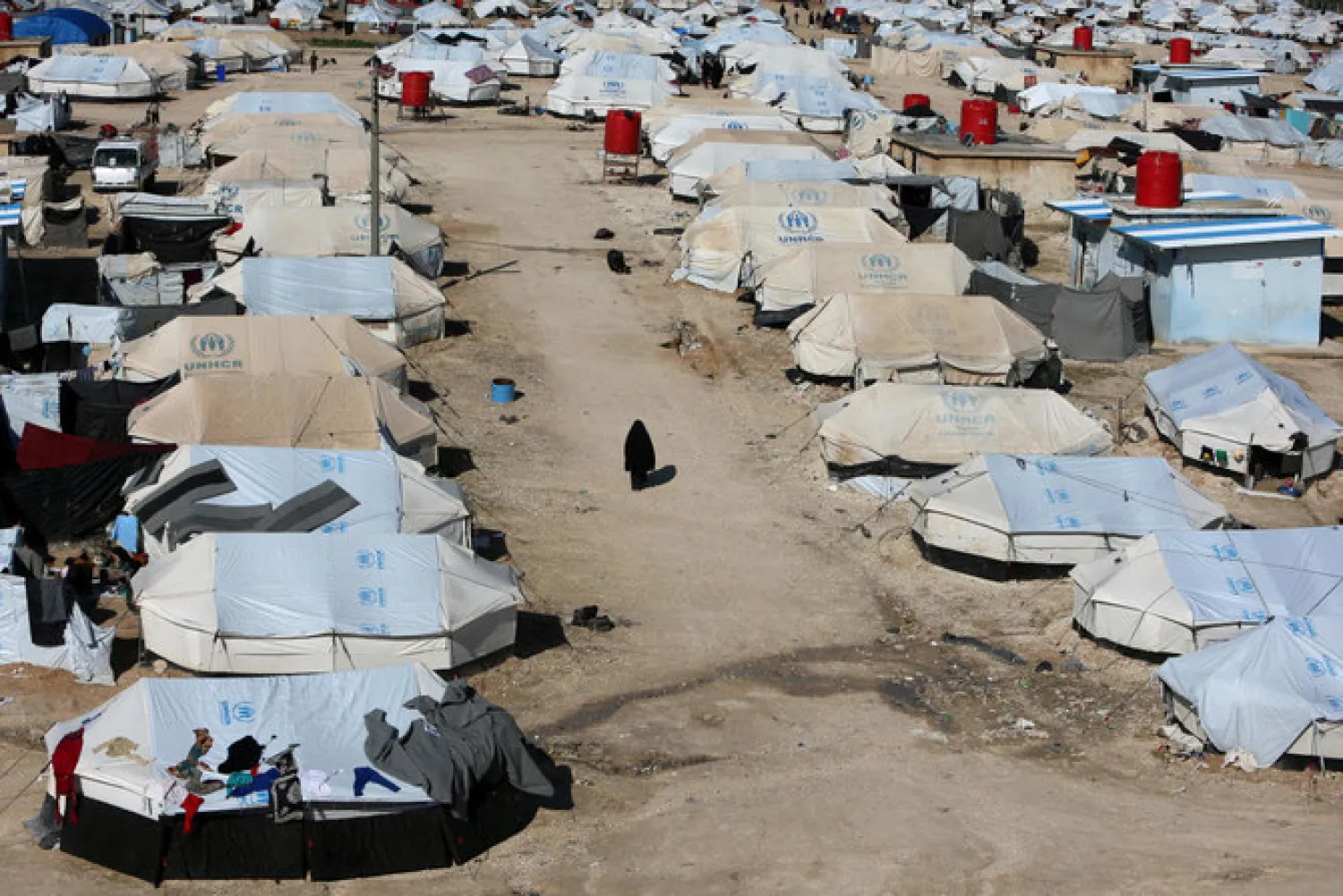US President Donald Trump said he was considering a limited strike on Iran after ordering a major naval buildup in the Middle East aimed at heaping pressure on Tehran to cut a deal to curb its nuclear program.
The latest threat came after Iran's foreign minister said a draft proposal for an agreement with Washington would be ready in a matter of days following negotiations between the two sides in Geneva earlier this week.
Trump had suggesting on Thursday that "bad things" would happen if Tehran did not strike a deal within 10 days, which he subsequently extended to 15.
Asked by a reporter on Friday whether he was contemplating a limited military strike, Trump answered: "The most I can say -- I am considering it."
After the talks in Geneva, Tehran said the two sides had agreed to submit drafts of a potential agreement, which Iranian Foreign Minister Abbas Araghchi told US media would be the "next step".
"I believe that in the next two, three days, that would be ready, and after final confirmation by my superiors, that would be handed over to Steve Witkoff," he said, referring to Trump's main Middle East negotiator.
Araghchi also said US negotiators had not requested that Tehran end its nuclear enrichment program, contradicting statements from American officials.
"We have not offered any suspension, and the US side has not asked for zero enrichment," he said in an interview released Friday by US TV network MS NOW.
"What we are now talking about is how to make sure that Iran's nuclear program, including enrichment, is peaceful and would remain peaceful forever," he added.
His comments stand in contrast to information relayed by high-ranking US officials, including Trump, who has repeatedly said Iran must not be allowed to enrich uranium at any level.
Western countries accuse Tehran of seeking to acquire nuclear weapons, which it denies, though it insists on its right to enrichment for civilian purposes.
Iran, for its part, is seeking to negotiate an end to sanctions that have proven to be a massive drag on its economy.
Economic hardships sparked protests in December that evolved into a nationwide anti-government movement last month, prompting a crackdown from authorities that left thousands dead, rights groups say.
- 'No ultimatum' -
The two foes held an initial round of discussions on February 6 in Oman, the first since previous talks collapsed during the 12-day Iran-Israel war last June, which the US joined by striking Iranian nuclear facilities.
Washington has pursued a major military build-up in the region in tandem with the talks, and both sides have traded threats of military action for weeks.
On Thursday, Trump again suggested the US would attack Iran if it did not make a deal within the timeframe he laid out.
"We have to make a meaningful deal otherwise bad things happen," Trump told the inaugural meeting of the "Board of Peace", his initiative for the post-war Gaza Strip.
Iran's ambassador to the UN, Amir Saeid Iravani, warned that US bases, facilities and assets would be "legitimate targets" if the United States followed through on its threats.
Araghchi, however, insisted that "there is no ultimatum".
"We only talk with each other how we can have a fast deal. And a fast deal is something that both sides are interested about," he said.
"We are under sanctions, (so) obviously any day that sanctions are terminated sooner it would be better for us," he said, adding Iran had "no reason to delay".
Washington has repeatedly called for zero enrichment, but has also sought to address Iran's ballistic missile program and its support for militant groups in the region -- issues which Israel has pushed to include in the talks.
The Israeli army said Friday that it was on "defensive alert" regarding the situation with Iran, but that its guidelines for the public remained unchanged.
Ratcheting up the pressure, Trump has deployed a significant naval force to the region.
After sending the aircraft carrier USS Abraham Lincoln and escort battleships to the Gulf in January, he ordered a second carrier, the Gerald Ford, to depart for the Middle East.
Iranian naval forces also conducted military drills this week in the Gulf and around the strategic Strait of Hormuz in their own show of force.









